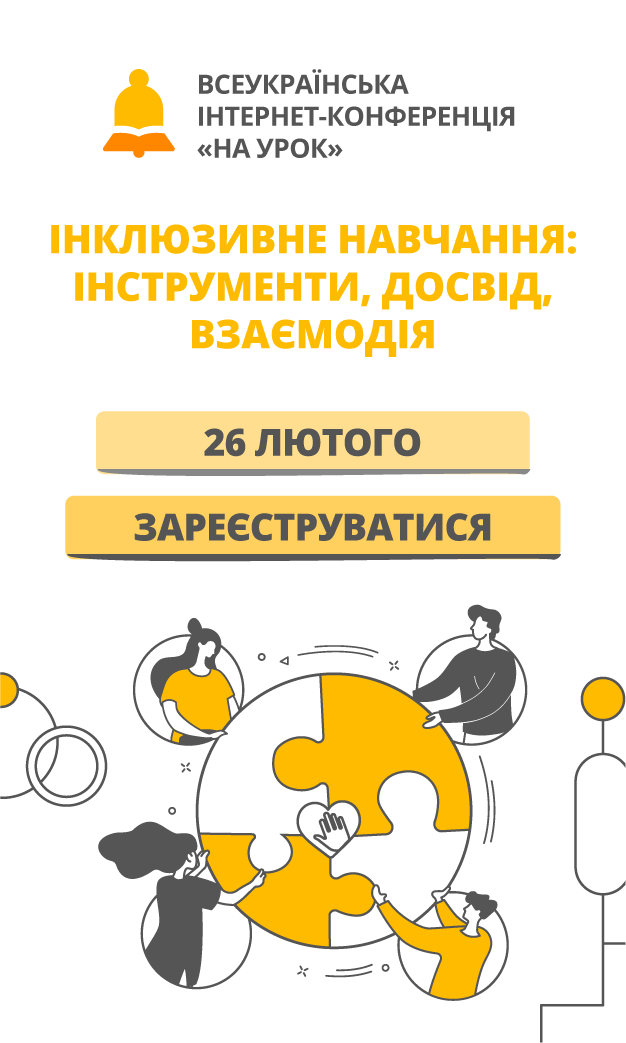Урок на тему: “In the city”
ENGLISH TEACHERS AS CHANGE AGENTS PROJECT![]()
LESSON PLAN
|
Teacher: Oxana Krailo |
|
Class: 4 |
|
Level: Pre-intermediate |
|
School: Secondary School of Luchynets |
|
Date: 15.02 .2019 |
|
Topic: “In the city” |
|
Class profile (brief description of learners; how many, age, level, etc): There are 6 students in the class: 2 boys and 4 girls. They are 9. The students have been learning English for 3 years. They are quick learners but Nastia and Ania need more attention and motivation. The class is alive, active and attentive at the lessons despite the fact they are rather intelligent and have quick brains. |
|
Lesson aims: Objectives:
Outcomes: By the end of the lesson students will learn The named of building in the city and the place adverbs will be able:
|
|
Syllabus fit: Students are new to this topic. They know some words and can guess their meaning from the context.
|
|
Materials/resources used: Flashcards, a cartoon, models of the buildings prepared by the students and the teacher |
|
Assumptions: The learners can understand short simple statements, read with a help of a teacher.
|
|
Anticipated problems and solutions: Some activities are new for the learners so they will need detailed instructions. Slow learners may feel lack of knowledge so they need to be guided by the teacher and other students. |
|
LESSON PROCEDURE |
|||||
|
Time |
Teacher Activity |
Learner Activity |
Interaction T-S/S-S |
Stage Aim |
|
|
2 mins |
Greeting. Topic. Learner’s Outcomes The teacher introduces the topic of the lesson, its aims and procedure. |
Greet the teacher. Students are introduced with the topic of the lesson and learners’ outcome |
TPs TPs |
to organize and motivate the class for the work |
|
|
4 mins |
Vocabulary and phonetic warm-up Watching a cartoon Instruction: the teacher makes the students to listen and repeat the words while watching the cartoon. |
Watch the cartoon. Listen and repeat.
|
TPs PPs
|
to train the topical vocabulary
|
|
|
4 mins |
Vocabulary practice Matching Instruction: the teacher makes the students to read the names of the buildings in the books and match the objects and their names. |
Match the words and the objects. Look at the picture in you SB and say as in the example. |
TPs TPs |
to learn the topical vocabulary |
|
|
6 mins |
Writing practice Running dictation Instruction: the teacher asks the students to write the words written on the flashcards. One of the students is to run, read and tell another student the words to be written. |
We are going to write a running dictation. Make up pairs. One student is going to run and read and then tell another one the word to write. |
TPs PsPs
|
to practice writing skills |
|
|
8 mins |
Reading practice Matching, ex.3 p.77 Instruction: the teacher makes the students to read and choose the word to fill in the gaps in the sentences |
Read and translate the text and answer the questions. Explain the use of to be going to |
TPs TPs PsPs |
to practice the reading and grammar skills |
|
|
3 min |
Speaking practice Listening and singing the song “The wheels on the bus” |
Listen and sing the song. Look at the streets of a city to see where the buildings in the streets are. |
TPs PsPs
|
to practice speaking skills |
|
|
8 mins |
Vocabulary practice Game “Building up a city” Instruction: the students are to arrange the models of buildings and then to tell the “tourists” where they are situated with a help of an ex.4 p.78 |
Watch and repeat after me. Listen to the explanation and make sentences with a help of a table. |
TPs PsPs |
to learn to use a grammar structure |
|
|
2 mins |
Hometask Setting - to do Ex 5 on p. 78: make up sentences.
|
Write down into the day-books |
TP1, P2, P3 |
to organize learners’ afterschool learning |
|
|
2 min |
Outcomes Discussing points according to the learner’s outcomes
|
Answer the teacher’s questions |
TP1, P2, P3
|
to check the achievement of the lesson’s aims |
|
|
2 min |
Evaluation Evaluate learner’s work giving comments |
Listen to the teacher’s marks and comments |
TP1, P2, P3
|
to show the learners their progress, to motivate and stimulate them |
|
|
2 mins |
Feedback Ask students to choose the activity they’ve enjoyed the most |
Tell about the liked activities |
TP1, P2, P3
|
to help the teacher understand if the lesson was interesting for students |
|


про публікацію авторської розробки
Додати розробку
